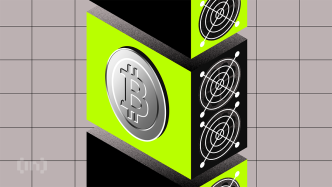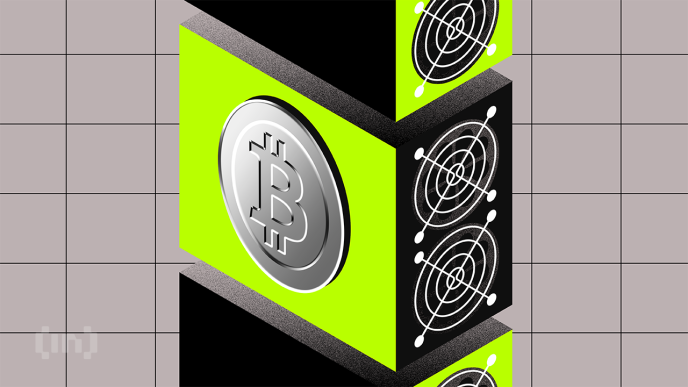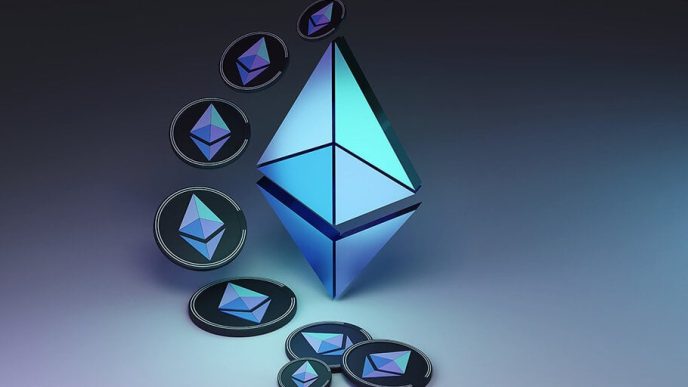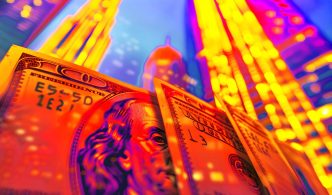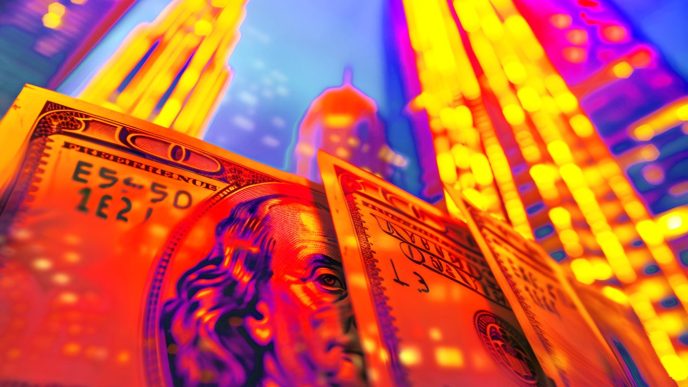This is the second installment of the Professor Coin column, in which I bring important insights from published academic literature on cryptocurrency to the Decrypt readership. This time, we’ll delve into arbitrage in cryptocurrency markets.
A “free lunch” in finance describes an opportunity where profit is gained without any risks and is often called arbitrage.
Arbitrage is the simple process of the simultaneous purchase and sale of the same, or very similar, asset in different markets in order to profit from tiny differences in the asset’s listed price. The aim is to exploit the variations in the price of identical or very similar assets in different markets.
For example, if a stock was sold for $1 on the New York Stock Exchange (NYSE), and the same stock was sold on the London Stock Exchange (LSE) for the GBP equivalent of $1.10, an arbitrageur would buy the stock in the US, and sell the same stock in the UK and gain 10% return.
In traditional markets, arbitrage is quite rare and short-term, as traders spot the mispricing in two markets and trade to move the stock prices back in line.
Given that cryptocurrencies are new, innovative assets that trade on exchanges (both centralized and decentralized), in 2020 Igor Makarov from the London School of Economics and Antoinette Schoar from MIT examined arbitrage in cryptocurrency markets in the paper Trading and arbitrage in cryptocurrency markets.
On a minute level, they show extended periods of arbitrage available in Bitcoin markets across a wide range of countries and exchanges. That is, investors could benefit from buying Bitcoin on one exchange in one country, and sell the Bitcoin on another exchange in another country for profit.
Interestingly, they were one of the first to show the Kimchi premium, where the Bitcoin price in Korea can climb to as high as 20% above U.S. prices. However, the spread of prices is much smaller for exchanges within the same country. Nevertheless, arbitrage was possible and famously was exploited by disgraced FTX founder Sam Bankman-Fried, through his firm Alameda Research.
Arbitrage opportunities in decline
In a 2023 follow-up paper, Tommy Crépellière, Matthias Pelster and Stefan Zeisbergeral update the Makarov and Schoar (2020) study and confirm the previous findings—but, importantly, show that the magnitude of arbitrage profits has greatly decreased from April 2018 and is unexploitable by investors.
Crucially, they show that the diminishing of arbitrage opportunities is due to increased price volatility, increased number of informed traders. Therefore, they conclude that arbitrage is hardly possible anymore within cryptocurrency markets—and this is unlikely to change, due to increased professionalization and coverage of these markets, as well as the financialization of cryptocurrencies.
So while there may be no “free lunch” for investors in cryptocurrency markets any more, this can be interpreted as a good sign—as the markets are becoming more professional, more visible and acting more like a well-functioning market, and therefore attracting more institutional investment.
For more information, see:
Daily Debrief Newsletter
Start every day with the top news stories right now, plus original features, a podcast, videos and more.
Source link
Andrew Urquhart
https://decrypt.co/245963/professor-coin-free-lunch-cryptocurrency-markets
2024-08-25 13:01:09



